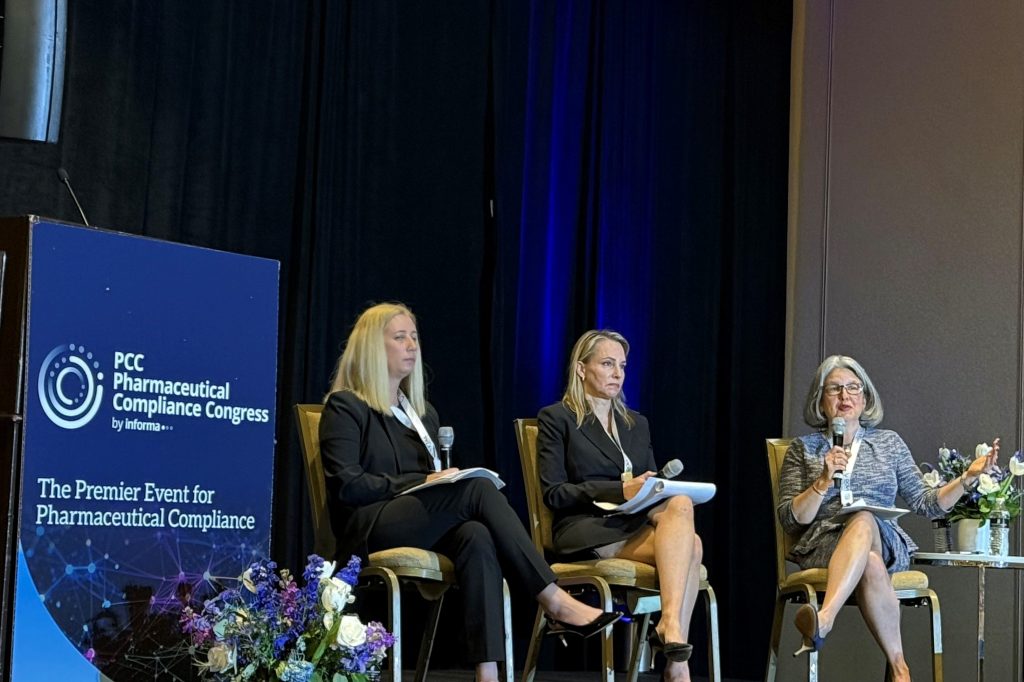At the conclusion of a four-day non-jury trial, Judge Reed O’Connor of the Northern District of Texas ruled that American Airlines violated Employee Retirement Income Security Act’s (ERISA) required duty of loyalty. It did so by filing its $26 billion 401(K) plan with asset managers that pursued ESG-related efforts as part of their investing strategies.
The historic suit was brought by an American Airlines pilot who argued his employer was failing to monitor the activity of its investment managers, such as BlackRock, who were prioritizing environmental goals over profit with activist proxy votes at issuer companies.
BlackRock, which recently settled with Tennessee over its ESG-related proxy voting, was not a party to the lawsuit.
Critics of the ruling addressed new constraints the ruling could put on fiduciaries, which are usually content to let asset managers have a high degree of independent control over non-performance-based aspects of its fund management, such as proxy voting.
American has not indicated whether it will appeal.
ESG suffers a huge setback
ERISA, which regulates how private-sector retirement plan managers invest, requires that fiduciaries follow duties of loyalty and prudence to their beneficiaries.
Judge O’Connor ruled that the airline broke its fiduciary duty of loyalty by allowing its retirement fund to be managed by firms that used ESG considerations as part of their investing strategies.
By doing so, American supported a “nonpecuniary” interest in violation of ERISA’s “exclusive benefit” rule. He further stated that BlackRock, who had over a 5% stake in American, had an “incestuous” influence over the company, and American abdicated its responsibility to its fund beneficiaries in part due to fear of retaliation.
Judge O’Connor reasoned that this was due to a “shared belief” between BlackRock and American that ESG-conscious policies were a “noble pursuit,” although he did not substantively address the defendants’ arguments that these strategies could have had concrete financial value.
Proxy voting in the crosshairs
Of specific focus in the lawsuit was BlackRock’s use of shareholder proxy voting to influence the policies of companies it has a stake in.
The plaintiffs argued that when BlackRock used proxy votes to influence ExxonMobil’s energy diversification practices, it led to a short-term $15m drop in an index fund’s value. Whatever damages the plaintiffs may have incurred due to that dip not yet been determined.
The defendants rejected the accusations that proxy voting was used for political or social purposes, stating that its goal is to rein in practices that could accumulate excessive risk over time, pointing to a “specific concern that, unlike its peers, Exxon had failed to diversify its operations to “protect against a possible decline in demand for fossil fuels.”
In particular, the defendants argued that the ExxonMobil proxy vote maximized long-term investment safety at the expense of short-term profit.
While sticking American on its fiduciary duty of loyalty, Judge O’Connor absolved the company of breaching its parallel duty of prudence by failing to monitor BlackRock’s proxy voting and failing to intervene.
Because ERISA’s prudence standard is comparative, and passive oversight of plan managers and ESG-conscious investing are such widely accepted practices in the retirement industry, he reasoned American could not be said to have violated that prong.
But he suggested that the status quo is influenced by BlackRock itself, lambasting its influence on other retirement plan managers as “cartel-like.”
Bloomberg noted that Judge O’Connor is one of a handful of judges that have been previously accused of being ripe targets for forum shoppers, having previously been amenable to novel conservative legal theories.













